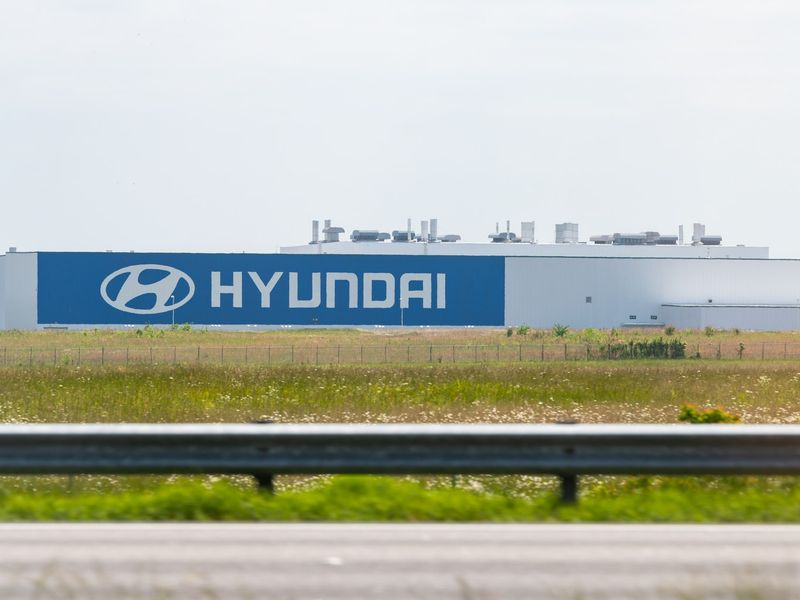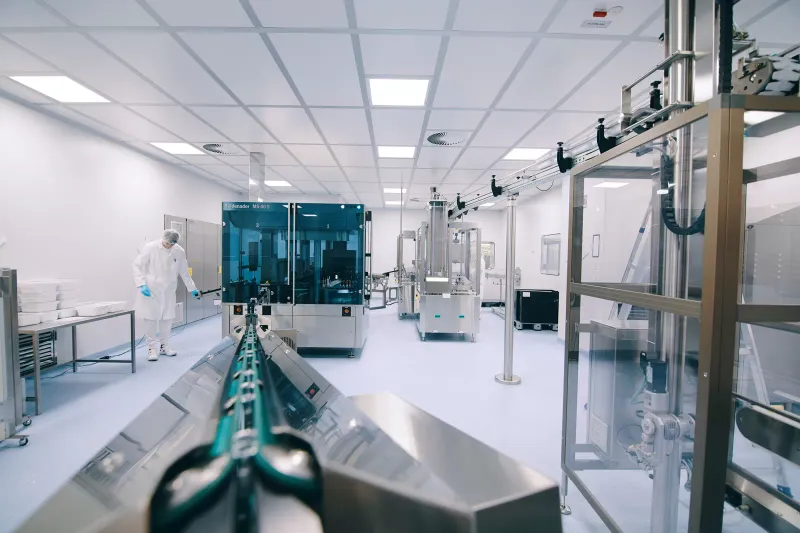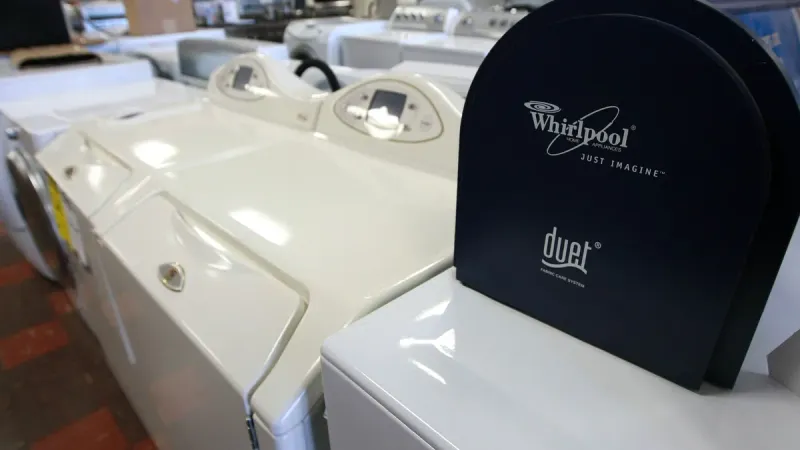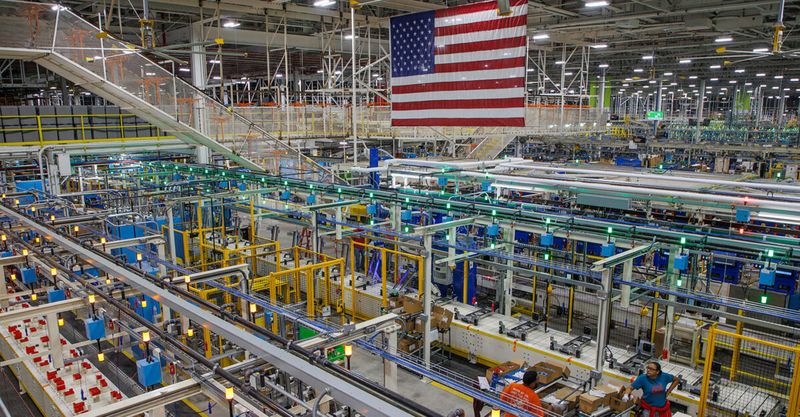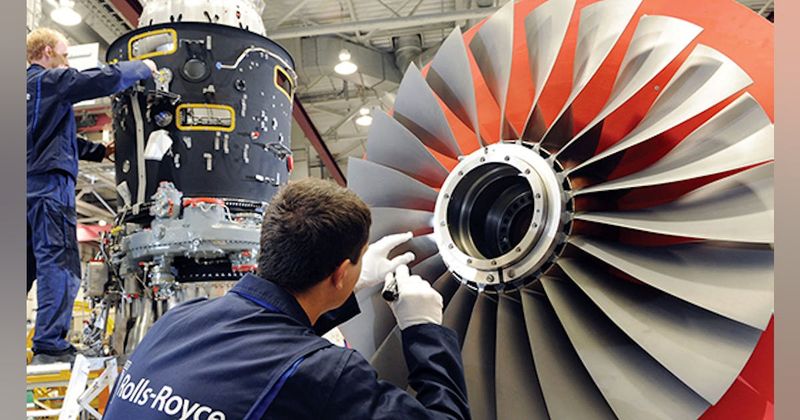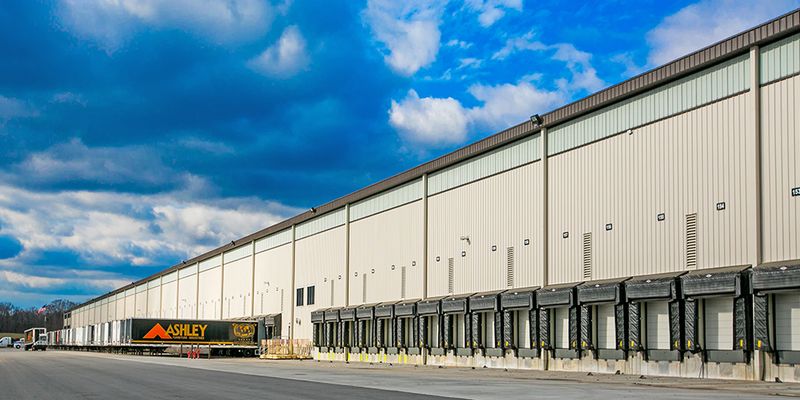The recent trade tensions and tariffs have prompted many major companies to consider reshoring their operations back to the United States.
This strategic shift aims to mitigate the adverse effects of tariffs and enhance supply chain resilience.
Let’s explore 15 major companies that are actively eyeing a return to the U.S. amid these tariff pressures.
1. Apple
Apple is considering ramping up production within the U.S., specifically for its MacBooks and iPhones. The company aims to reduce reliance on overseas manufacturers, which have been impacted by tariffs.
By bringing part of its production back home, Apple hopes to cut costs and improve supply chain efficiency. This move could also create new job opportunities in the tech manufacturing sector.
Consumers might also benefit from potentially lower prices due to reduced import duties. It’s a strategic shift aiming to bolster Apple’s domestic market presence.
2. Intel
Intel is making significant investments in the U.S., with plans to construct major semiconductor facilities in Ohio and Arizona. This move is part of Intel’s strategy to strengthen its domestic production capabilities.
By establishing these facilities, Intel aims to enhance its supply chain reliability and reduce dependency on international semiconductor sources.
This initiative will not only support the U.S. economy but also position Intel as a leader in cutting-edge semiconductor manufacturing. The investment reflects Intel’s commitment to innovation and sustainability within the tech industry.
3. TSMC
Taiwan Semiconductor Manufacturing Company (TSMC) is planning a massive $100 billion investment for multiple chip plants in the U.S. This endeavor is aimed at expanding TSMC’s global footprint and mitigating the impact of international trade barriers.
The U.S. plants will not only help meet domestic demand but also strengthen TSMC’s competitive edge in the semiconductor industry.
These facilities are expected to incorporate the latest technology and innovations, providing a boost to the U.S. economy and job market while ensuring a stable supply of semiconductors.
4. Samsung Electronics
Samsung Electronics is evaluating options to produce more appliances and chips within the U.S. The company is motivated by the need to minimize tariff-related costs and improve supply chain efficiency.
By increasing its U.S. production, Samsung aims to offer more competitive pricing and products adapted to the American market. This shift could lead to new partnerships with local suppliers and create jobs in the manufacturing sector.
It’s a strategic move designed to align Samsung’s operations with evolving market demands and regulatory environments.
5. LG Electronics
LG Electronics is reassessing its production strategy in Mexico with a potential shift to the U.S. The company’s decision is influenced by increasing tariff pressures and the need for a more agile production framework.
By relocating some of its manufacturing to the U.S., LG hopes to enhance its competitive positioning and product availability in the North American market.
This change could also foster innovation and collaboration with U.S.-based tech firms, boosting LG’s brand presence and customer satisfaction in the region.
6. Ford
Ford is expanding its U.S. electric vehicle (EV) production and battery facilities. This initiative is part of Ford’s commitment to innovation and sustainability in the automotive industry.
By increasing domestic EV manufacturing, Ford seeks to reduce its carbon footprint while meeting growing consumer demand for eco-friendly vehicles. The expansion is expected to generate jobs and support local economies.
Ford’s strategic focus on EVs aligns with broader industry trends and regulatory shifts towards greener transportation solutions, positioning the company as a leader in sustainable mobility.
7. General Motors
General Motors (GM) is heavily investing in domestic electric vehicle manufacturing. This move is driven by the company’s vision to lead the transition to all-electric vehicles.
By bolstering its U.S. production capabilities, GM aims to ensure a robust supply chain for its EV lineup. This investment will also help GM achieve its sustainability targets and adapt to changing consumer preferences.
The expansion is set to create jobs and stimulate local economies, reinforcing GM’s position as a pioneer in the electric vehicle market.
8. Hyundai Steel
Hyundai Steel is constructing a $5.8 billion steel plant in Louisiana. This investment reflects Hyundai’s strategy to capitalize on the U.S. market’s growth and reduce dependency on international steel supplies.
The new plant will employ cutting-edge technology to produce high-quality steel for various industries, including automotive and construction.
By establishing this facility, Hyundai Steel aims to meet rising demand and contribute to the U.S. economy through job creation and innovation in steel manufacturing processes.
9. Pfizer
Pfizer is increasing its U.S.-based drug production, focusing on critical medications. This decision is part of the company’s efforts to bolster supply chain resilience and ensure timely delivery of essential drugs.
By expanding its domestic manufacturing capabilities, Pfizer aims to mitigate risks associated with international trade disruptions. This move will also support the local economy through job creation and advancements in pharmaceutical technology.
Pfizer’s commitment to U.S. production underscores its dedication to public health and innovation in the biomedical field.
10. Eli Lilly
Eli Lilly is investing $27 billion in four new U.S. pharmaceutical plants. This major investment is aimed at expanding the company’s production capabilities and enhancing its global competitiveness.
These new facilities will focus on producing innovative therapies and ensuring a steady supply of essential medicines. The initiative will also drive job growth and support local economies.
Eli Lilly’s expansion represents a commitment to innovation and quality in healthcare, aligning with the company’s mission to improve patient outcomes worldwide.
11. Whirlpool
Whirlpool is growing its U.S. appliance production to offset import tariffs. The company’s decision is driven by the need to remain competitive and responsive to consumer demands.
By boosting domestic manufacturing, Whirlpool aims to reduce costs and improve product availability. This move could also lead to increased innovation in appliance design and functionality.
The expansion is expected to create job opportunities and strengthen Whirlpool’s position as a leader in the home appliance market, benefiting both consumers and the broader economy.
12. GE Appliances
GE Appliances continues to expand its domestic operations, focusing on enhancing production efficiency and product innovation. The company is committed to meeting the evolving needs of American consumers while minimizing the impact of tariffs.
By investing in U.S. manufacturing, GE Appliances seeks to deliver high-quality products that resonate with local markets. This expansion supports job creation and strengthens the company’s competitive edge in the appliance sector.
The initiative aligns with GE’s long-term vision of sustainability and technological advancement in home appliances.
13. Rolls-Royce
Rolls-Royce is planning to expand its operations in the U.S. to circumvent international trade barriers. The company aims to strengthen its manufacturing capabilities for aerospace components.
This expansion is expected to enhance Rolls-Royce’s supply chain resilience and support its growth strategy in the North American market. By focusing on domestic production, the company can better serve its clientele with timely and cost-effective solutions.
Rolls-Royce’s investment reaffirms its dedication to excellence and innovation in the aerospace industry.
14. Ashley Furniture
Ashley Furniture is reinvesting in U.S. production centers to counter tariffs and enhance supply chain efficiency. This decision reflects the company’s commitment to quality craftsmanship and customer satisfaction.
By manufacturing closer to its primary market, Ashley Furniture can reduce costs and improve delivery times. The reinvestment also supports the U.S. economy by creating jobs and fostering local industry growth.
This strategic move aligns with Ashley Furniture’s goals of sustainability and innovation in home furnishing, ensuring top-notch products for its customers.
15. LVMH (Moët Hennessy Louis Vuitton)
LVMH is exploring U.S. manufacturing for select high-end products. This initiative aims to mitigate the impact of tariffs and streamline the supply chain for luxury goods.
By establishing production facilities in the U.S., LVMH seeks to enhance its brand presence and meet the rising demand for luxury items. This move could foster collaboration with local artisans and designers, leading to unique product offerings.
LVMH’s exploration into U.S. manufacturing underscores its commitment to quality, exclusivity, and innovation in the luxury market.








